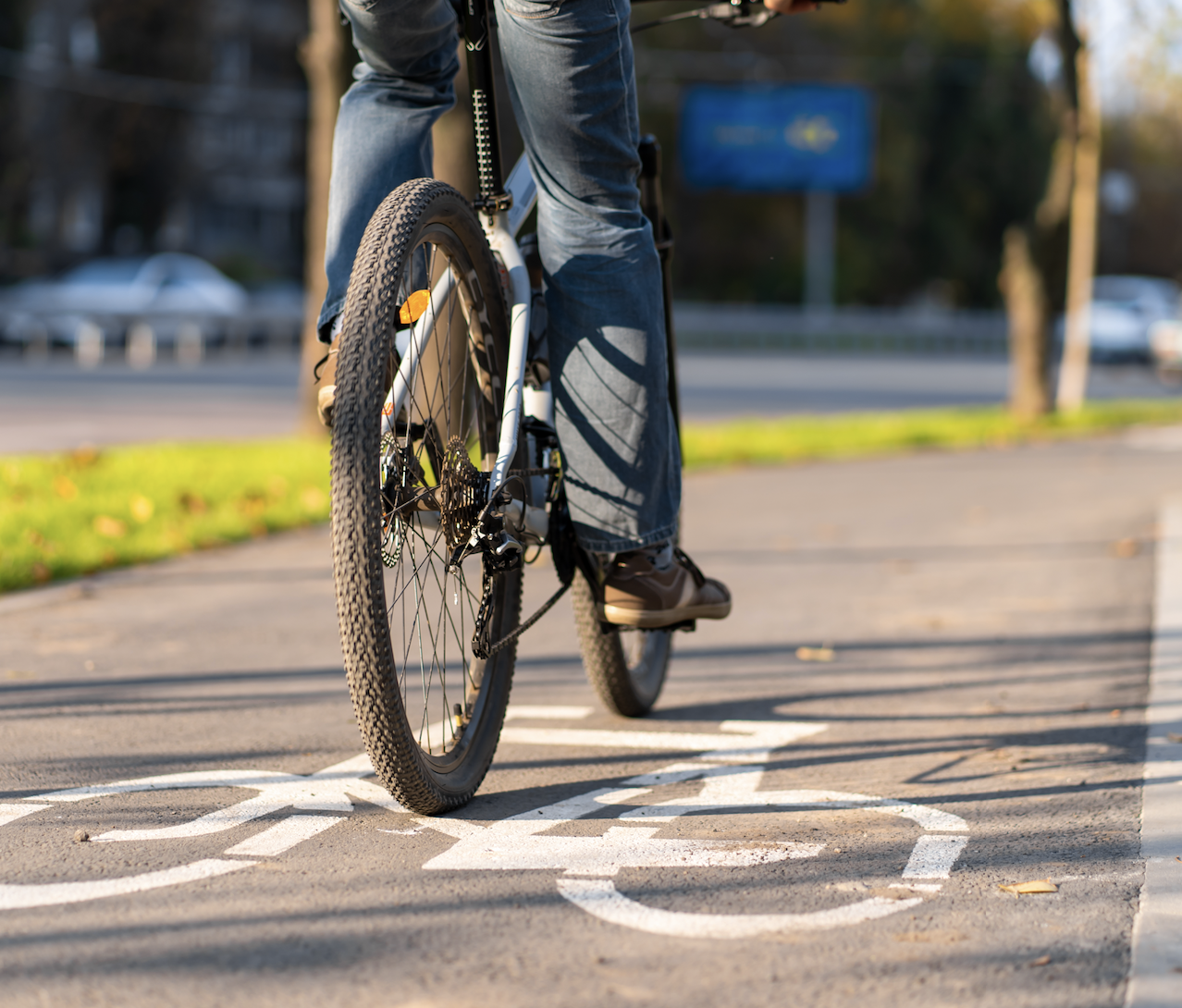Most locations across the world have a large un-tapped pool of people who do not bike at all and an even larger pool who do not bike for transportation. To increase cycling, we must better understand this group and the reasons they do not ride. I propose a new theory that suggests everyone has a list of “must-haves” that must be in place before they will bike. While there are many possible cycling needs, I introduce five in this paper: Safety, Comfort, Relative Convenience, Availability of Tools, and Social Approval. These needs are uncorrelated (needs in one domain are independent of needs in another) and not uniformly distributed (some people have high needs, while others have low). I argue that potential cyclists periodically compare their needs to prevailing conditions. In some areas, prevailing conditions meet the needs of many people (e.g., Copenhagen or Amsterdam). Elsewhere, conditions meet the needs of very few. The theory gets its name from the idea that any unmet need is a deal breaker. The theory usefully explains commonplace patterns of biking behaviors and visualizes how pro-cycling interventions improve prevailing conditions. The theory also overcomes a number of methodological problems plaguing current bike behavior research. Scholars should work to document the distribution of cycling needs and explore how needs and views of prevailing conditions change over time. Finally, scholars should work to quantify how many people will have their needs met from different pro-cycling interventions.
The deal breaker theory of cycling: A new approach to understanding bike behavior
Citation:
Ralph, K. (2025) The deal breaker theory of cycling: A new approach to understanding bike behavior. Transportation Research Interdisciplinary Perspectives.
